Keynote Speakers
- Anna Abraham | University of Georgia
- Kevin Buzzard | Imperial College London
- Simon Colton | University of London
- Maithilee Kunda | Vanderbilt University
- Catholijn Jonker | Leiden University
- Paige Randall North | University of Pennsylvania
- Catherine Menon | University of Hertfordshire
- Yang-Hui He | University of London
- Gemma Anderson | University of Exeter
Anna Abraham: 'The Nature of Human Creativity'
A selective overview, as evidenced by theory and research in psychology and neuroscience, is presented on the nature of human creativity in terms of its core features. Attention will be drawn into some of the key differences that are apparent when comparing human creativity with AI-based forms. These include (A) multiplicity and flexibility within and across domains of creative engagement, (B) endogenous assessment of appropriateness of the creative response, (C) use of the same cognitive toolboxes to creative and non-creative ends, (D) the dynamic engagement of multiple distinct operations in human creativity as well as (E) intra-individual and inter-individual differences in the same.
|
E. Paul Torrance Professor, Torrance Center
|
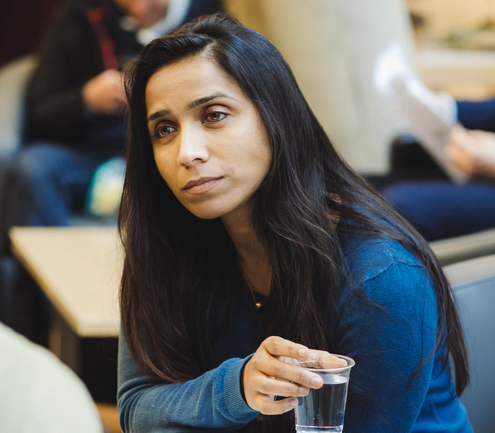 |
Kevin Buzzard: 'Can computers be mathematically creative?'
It's reasonable to believe that in some unspecified future time, computers will be better at research level mathematics than humans. But when will this actually happen -- is it ten years away or 100 years away? How will it happen? How can human mathematicians help to make it happen? And what about those who have concerns about this happening at all? Of course I don't really know the answers to these questions but at least I can say something about where we are, and where we might be going, when it comes to modern mathematical research and the computer's understanding of it.
|
Kevin Buzzard is a professor of pure mathematics |
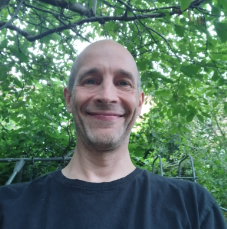 |
In the AI subfield of computational creativity, we research how to hand over creative responsibilities to AI systems in arts and science projects. My first (and ongoing) study was in generative mathematics, where I built a system called HR (after Hardy and Ramanujan) which invented mathematical concepts in finite algebras, number theory, graph theory and elsewhere, then found empirical relationships between concepts, expressed as conjectures. The most current version of HR performs automated software engineering and is still heavily influenced by creative reasoning in mathematics. In the talk, I'll describe how the HR projects have influenced the philosophical development of computational creativity, covering notions such as essentially contested concepts, the humanity gap, computational authenticity and the machine condition.
|
Simon Colton is a professor of computational creativity at Queen Mary University of London and Monash University, having previously been an academic at Imperial College London and Goldsmiths College. He obtained his PhD in Artificial Intelligence from the University of Edinburgh. He is a founding member of the computational creativity research field and is best known for AI systems such as HR for mathematical discovery, The Painting Fool automated artist and the What-If Machine for fictional ideation, as well as contributions to the philosophical understanding of creativity in people and machines. |
Maithilee Kunda: 'A computational view of visual imagery in humans and in AI systems'
Visual imagery has been linked to many examples of human creativity, including in mathematical and scientific discovery. However, from a computational perspective, we do not fully understand the low-level cognitive representations and operations that enable visual imagery, or how these low-level elements can be combined by an intelligent agent to achieve high-level reasoning. I present a series of computational studies centered on using visual imagery to solve Raven's Progressive Matrices, a widely used test of human intelligence, that begin to answer these questions. I also discuss how people might learn abstract visual imagery skills during concrete spatial play with objects during infancy, and how similar learning experiences can be simulated for AI systems.
|
Maithilee Kunda is an assistant professor of computer |
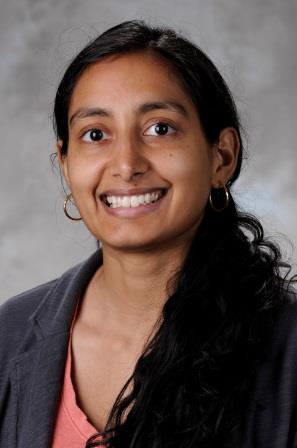 |
Computer proof assistants (also called interactive theorem provers) are software tools that check the correctness of mathematical proofs and assist the user in constructing such proofs. They first began to be developed in the late twentieth century, but have only recently begun to encroach upon mainstream mathematics. I will speak about the history of computer proof assistants, and focus on their success and development in a research program called homotopy type theory. This program uses a specially-designed mathematical language and computer proof assistants in which the language is implemented, to do much of the heavy lifting of pushing forward a pre-existing research program that has been impeded by its complexity.
|
Paige Randall North is an assistant professor of |
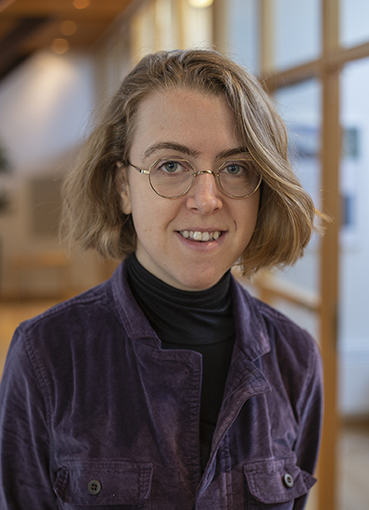 |
Catherine Menon: 'Narrative forms in mathematics, engineering and fiction'
Stories are all around us, from between the covers of our favourite book to the way we construct a mathematical proof or describe a software system. I describe how creativity manifests in areas of science traditionally considered to be logical or process-driven, and how our early experiences of story and narrative form influence the way we think about mathematics and software engineering. I also discuss the links between creative writing and mathematics, and the ways techniques from one domain can be used in another.
|
Catherine Menon is a principal lecturer in robotics |
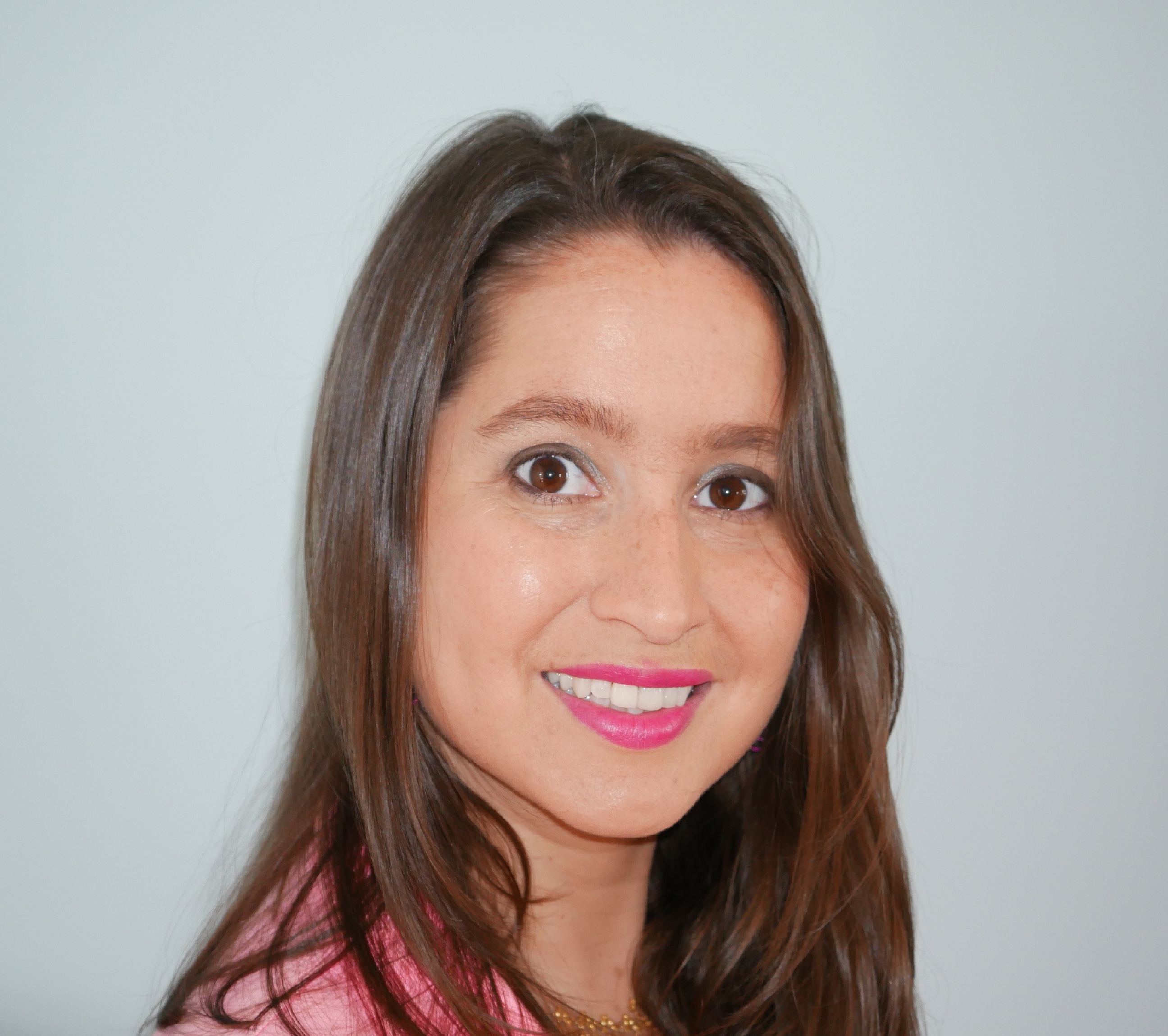 |
Yang-Hui He: 'Universes as Bigdata: from Geometry, to Physics, to Machine-Learning'
We briefly overview how historically string theory led theoretical physics first to algebraic/differential geometry, and then to computational geometry, and now to data science. Using the Calabi-Yau landscape - accumulated by the collaboration of physicists, mathematicians and computer scientists over the last 4 decades - as a starting-point and concrete playground, we then launch to review our recent programme in machine-learning mathematical structures and address the tantalizing question of how AI helps doing mathematics, ranging from geometry, to representation theory, to combinatorics, to number theory.
|
Professor Yang-Hui He is a Fellow of the London |
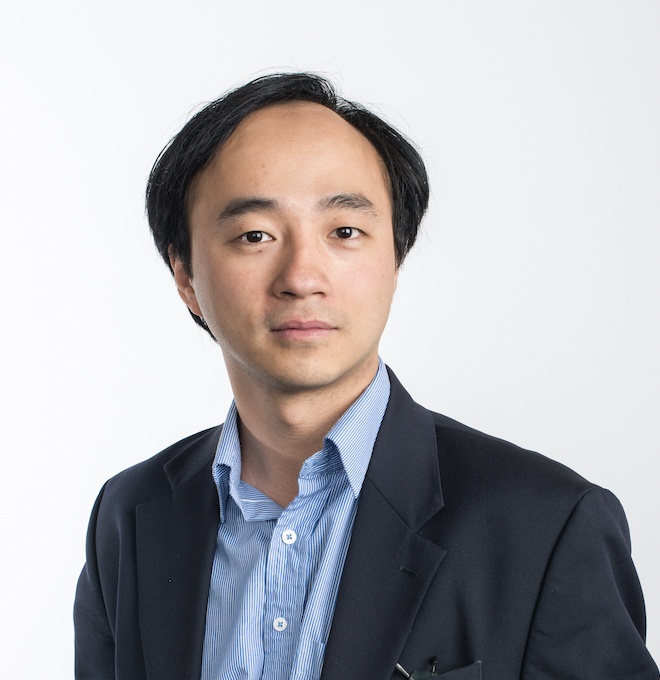 |
|
Gemma Anderson has been working with Alessio |
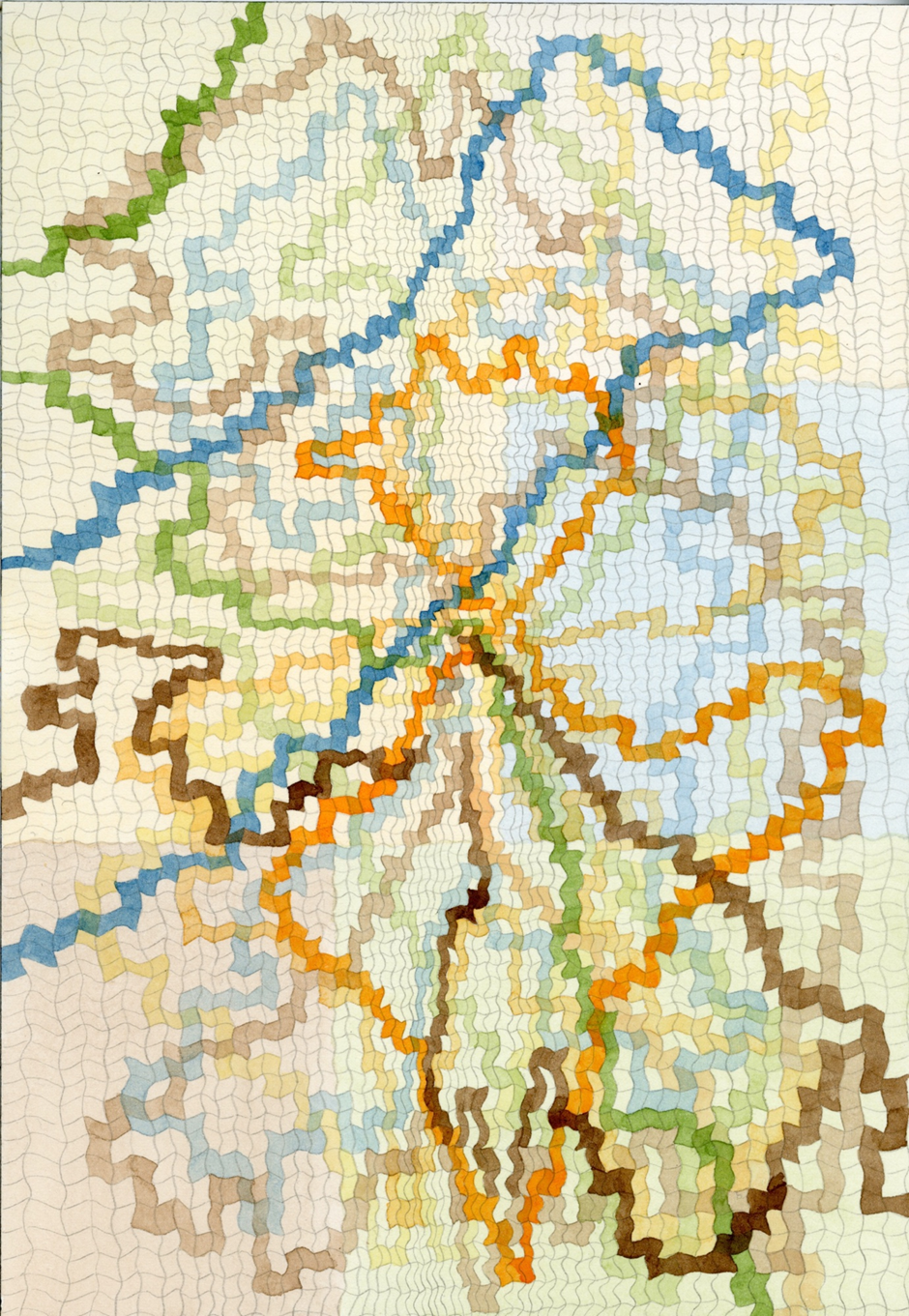 |
Workshop: Creativity in Mathematics & AI
 Registration website for Workshop: Creativity in Mathematics & AI
Registration website for Workshop: Creativity in Mathematics & AIWorkshop: Creativity in Mathematics & AIevents-finance@maastrichtuniversity.nl
Workshop: Creativity in Mathematics & AIevents-finance@maastrichtuniversity.nlhttps://www.aanmelder.nl/cmai/subscribe
2023-01-18
2023-01-20
OfflineEventAttendanceMode
EventScheduled
Workshop: Creativity in Mathematics & AIWorkshop: Creativity in Mathematics & AI0.00EUROnlineOnly2019-01-01T00:00:00Z
Maastricht University, PHS1Maastricht University, PHS1Paul-Henri Spaaklaan 1 6229 EN Maastricht Netherlands
